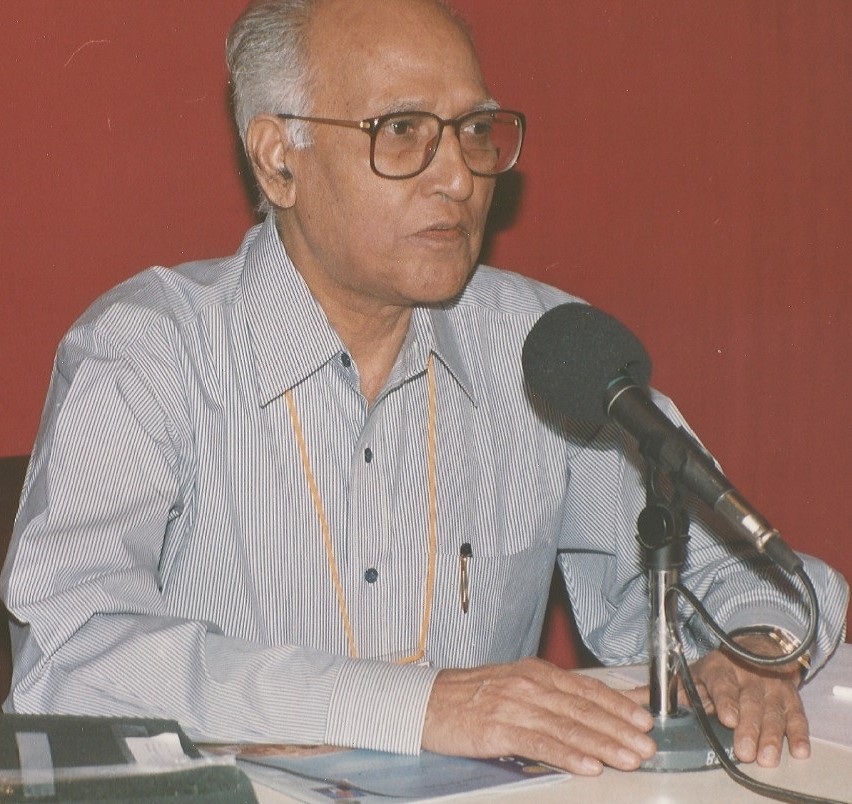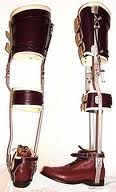The World Health Organisation recommended immunization schedule calls for four doses of Oral Polio Vaccine (OPV) to be given at birth and at 6, 10 and 14 weeks of age in polio-endemic countries like India. There should be an interval of at least four weeks between doses.
Routine immunization provides a basic level of immunity against polio. High routine immunization coverage also reduces the amount of circulating wild poliovirus, thus facilitating eradication.
As part of the supplementary immunization, two doses of OPV are administered to all children aged less than five years in the entire country on a national immunisation day. The two rounds are approximately a month apart. All children are immunized regardless of their prior immunization status.


